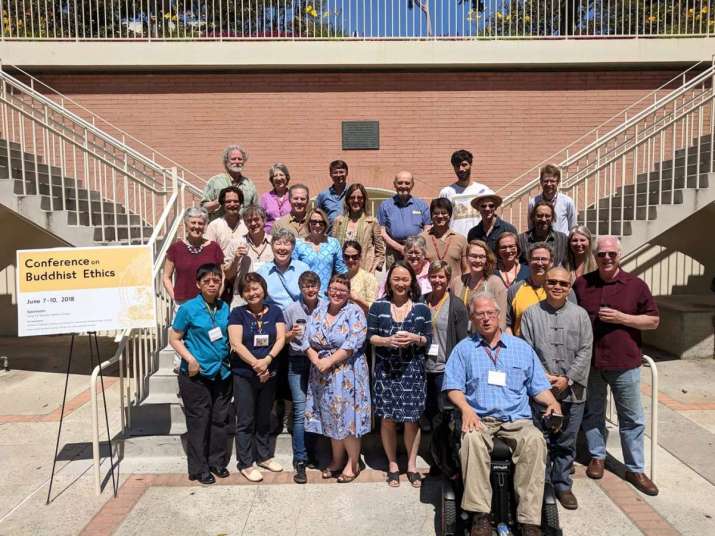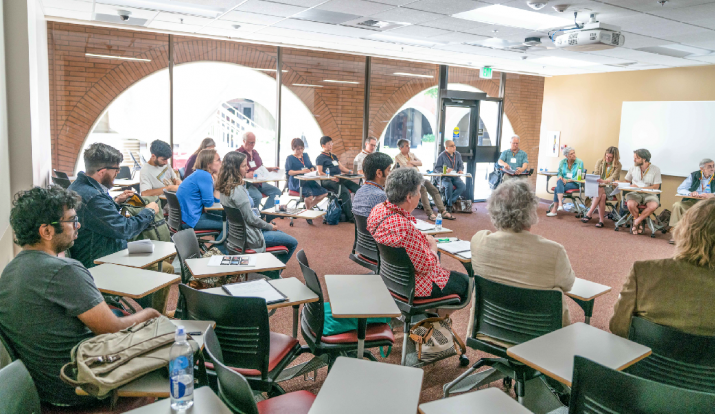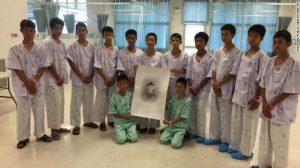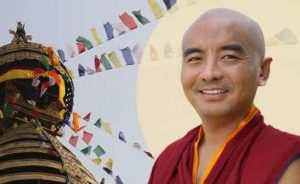
SEATTLE—A conference focusing on applying Buddhist principles to important social issues such as race, class, and resistance was held over the weekend in Los Angeles. The University of Southern California (USC) in Los Angeles hosted a Conference on Buddhist Ethics from 8–10 June, featuring 34 scholars from around the world, including Canada, Japan, and the UK, and organized by USC professor of religion Ven. Rongdao.
The Conference on Buddhist Ethics follows a 2016 conference on the same topic hosted at Dickinson College in Pennsylvania. The event was sponsored by Tong Fa Temple and Malton Group, and was co-sponsored by the USC School of Religion, the Shinso Ito Center for Japanese Religion and Culture, the USC East Asian Religion Studies Center, and the Center for International Studies at USC.
“In conceiving this conference, we were thinking that we really wanted to invite people working in different disciplines, covering different geographic areas, and working on different time periods,” said Ven. Rongdao. “We have scholars from as far as Japan, the UK, and quite a few from Canada. I’m excited to welcome everyone to USC.” (Daily Trojan)
Following the 2016 conference, organizer Ven. Rongdao sought out a diverse group of scholars, ranging in areas of academic specialization, geographic focus, and different stages of their careers. The conference focus on race, class, and resistance was aimed at helping to nurture a healthy global community and promoting Buddhist ethics as part of conversations on contemporary issues. Scholars presented perspectives from doctrinal sources, historical evidence, and anthropological fieldwork around the world.
“We really wanted to invite people who worked in different disciplines,” Ven. Rongdao said. “We have an even number of male and female scholars. We have a balanced number of people in different stages of their career, so we have senior scholars in the field, [and] we also have young scholars early in their career.” (Daily Trojan)

The conference showcased an innovative format in which no papers were presented. Instead, it was broken into small sessions with brief 15-minute introductions of each topic by appointed discussion leaders, followed by 40 minutes in which participants were assigned to small discussion groups. In the end, the small groups reconvened for a 30-minute discussion of their thoughts on the topic.
Sessions included a focused conversation on Buddhism and class, facilitated by University of Central Florida professor Ann Gleig and University of British Columbia professor Jessica Main. A second session that day was led by USC professor Duncan Williams and Youngstown State University professor Michael Jerryson. On 9 June, Harvard University professor Chris Queen and Bucknell University professor James Shields facilitated a session on right speech and social change, which was followed by a visit to the Japanese American National Museum in Little Tokyo.
“We tried to create this platform and community where people can be willing to trust scholars who make studying Buddhism their living to talk about important issues,” Ven. Rongdao said. “Engagement and being involved is a very important part of the conference for me, so the very success of the conference depends on participation from all and not the findings of one of two individuals.” (Daily Trojan)
Buddhist ethics as an independent field of study is relatively young in Western academia, with early contributions coming from scholars such as Hammalawa Sadhatissa’s Buddhist Ethics (Wisdom Publications 1997 [first published in 1970]) and later Damien Keown’s The Nature of Buddhist Ethics (Palgrave 1992/2001). The academic journal devoted to the topic, the Journal of Buddhist Ethics, was established by Keown and Charles Prebish in 1994 and continues today as a free online resource.
See more
USC hosts conference on Buddhist ethics (Daily Trojan)
Journal of Buddhist Ethics (Dickinson College)














